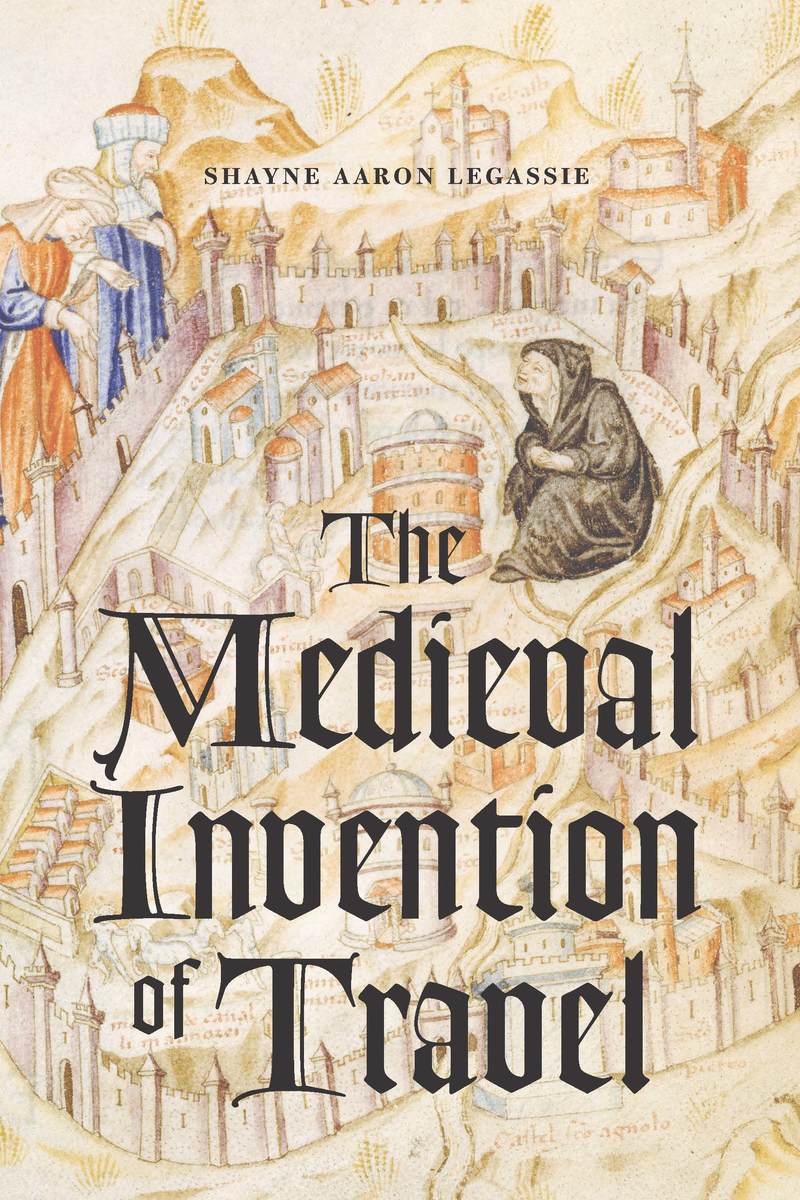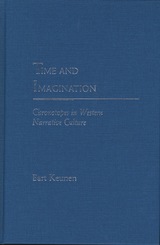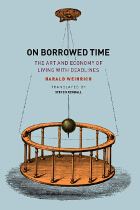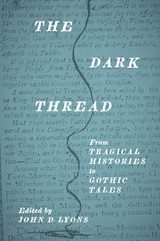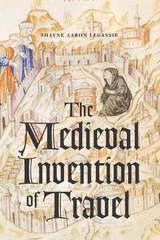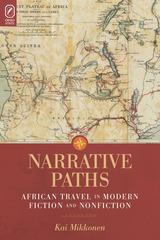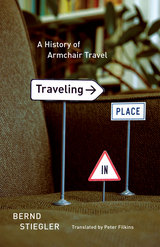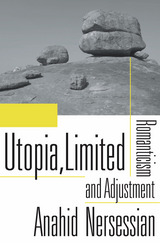The Medieval Invention of Travel
University of Chicago Press, 2017
Paper: 978-0-226-44662-2 | eISBN: 978-0-226-44273-0 | Cloth: 978-0-226-44256-3
Library of Congress Classification PN56.T7L44 2017
Dewey Decimal Classification 809.93320902
Paper: 978-0-226-44662-2 | eISBN: 978-0-226-44273-0 | Cloth: 978-0-226-44256-3
Library of Congress Classification PN56.T7L44 2017
Dewey Decimal Classification 809.93320902
ABOUT THIS BOOK | AUTHOR BIOGRAPHY | REVIEWS | TOC | REQUEST ACCESSIBLE FILE
ABOUT THIS BOOK
Over the course of the Middle Ages, the economies of Europe, Asia, and northern Africa became more closely integrated, fostering the international and intercontinental journeys of merchants, pilgrims, diplomats, missionaries, and adventurers. During a time in history when travel was often difficult, expensive, and fraught with danger, these wayfarers composed accounts of their experiences in unprecedented numbers and transformed traditional conceptions of human mobility.
Exploring this phenomenon, The Medieval Invention of Travel draws on an impressive array of sources to develop original readings of canonical figures such as Marco Polo, John Mandeville, and Petrarch, as well as a host of lesser-known travel writers. As Shayne Aaron Legassie demonstrates, the Middle Ages inherited a Greco-Roman model of heroic travel, which viewed the ideal journey as a triumph over temptation and bodily travail. Medieval travel writers revolutionized this ancient paradigm by incorporating practices of reading and writing into the ascetic regime of the heroic voyager, fashioning a bold new conception of travel that would endure into modern times. Engaging methods and insights from a range of disciplines, The Medieval Invention of Travel offers a comprehensive account of how medieval travel writers and their audiences reshaped the intellectual and material culture of Europe for centuries to come.
Exploring this phenomenon, The Medieval Invention of Travel draws on an impressive array of sources to develop original readings of canonical figures such as Marco Polo, John Mandeville, and Petrarch, as well as a host of lesser-known travel writers. As Shayne Aaron Legassie demonstrates, the Middle Ages inherited a Greco-Roman model of heroic travel, which viewed the ideal journey as a triumph over temptation and bodily travail. Medieval travel writers revolutionized this ancient paradigm by incorporating practices of reading and writing into the ascetic regime of the heroic voyager, fashioning a bold new conception of travel that would endure into modern times. Engaging methods and insights from a range of disciplines, The Medieval Invention of Travel offers a comprehensive account of how medieval travel writers and their audiences reshaped the intellectual and material culture of Europe for centuries to come.
See other books on: Europe, Western | Literature, Medieval | To 1500 | Travel in literature | Travel writing
See other titles from University of Chicago Press
